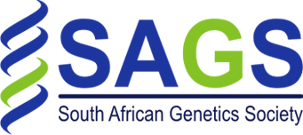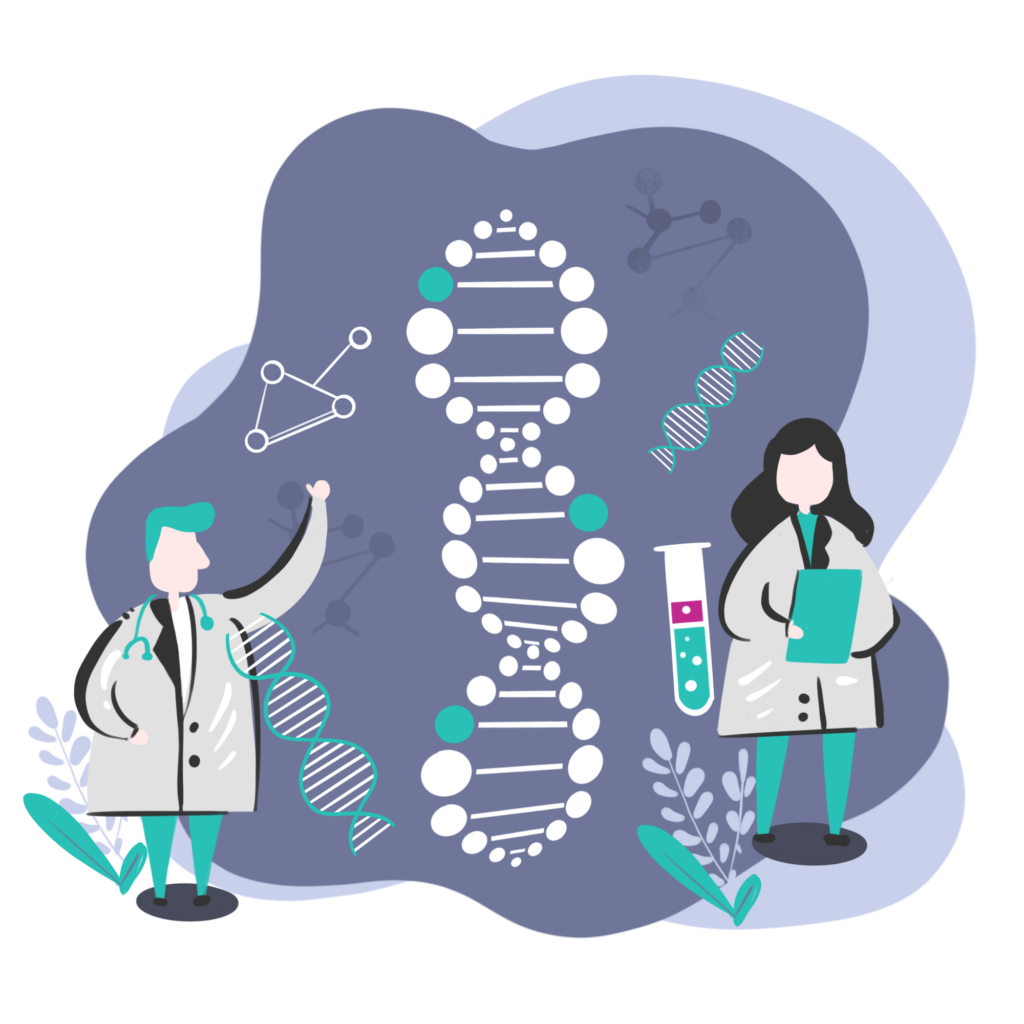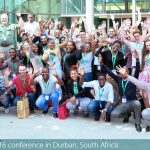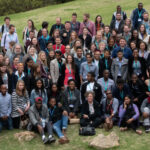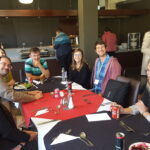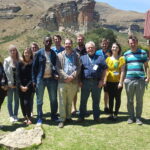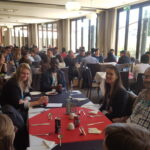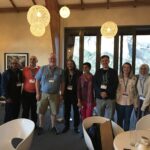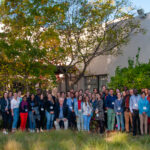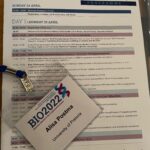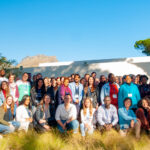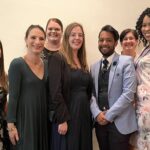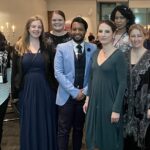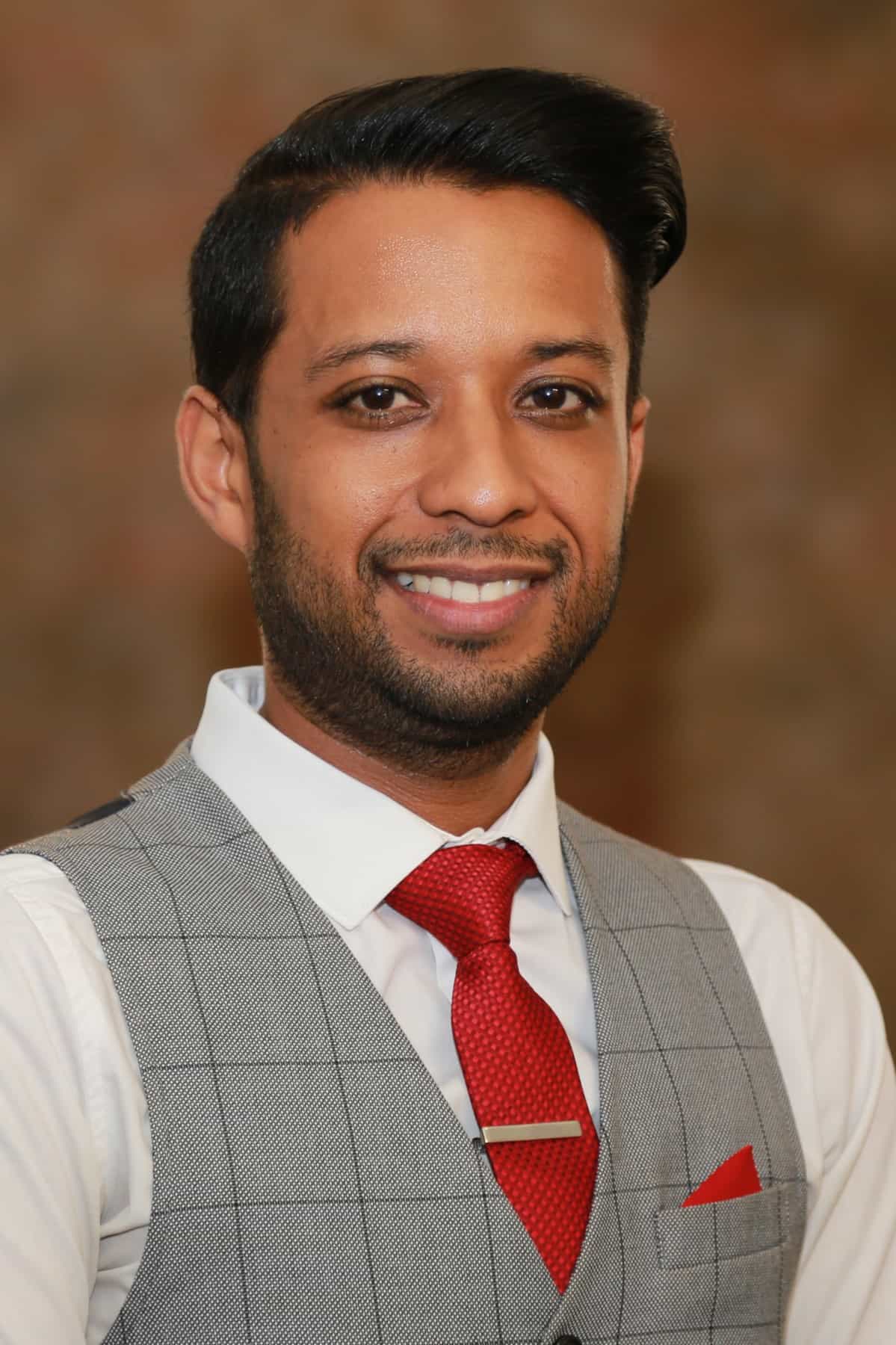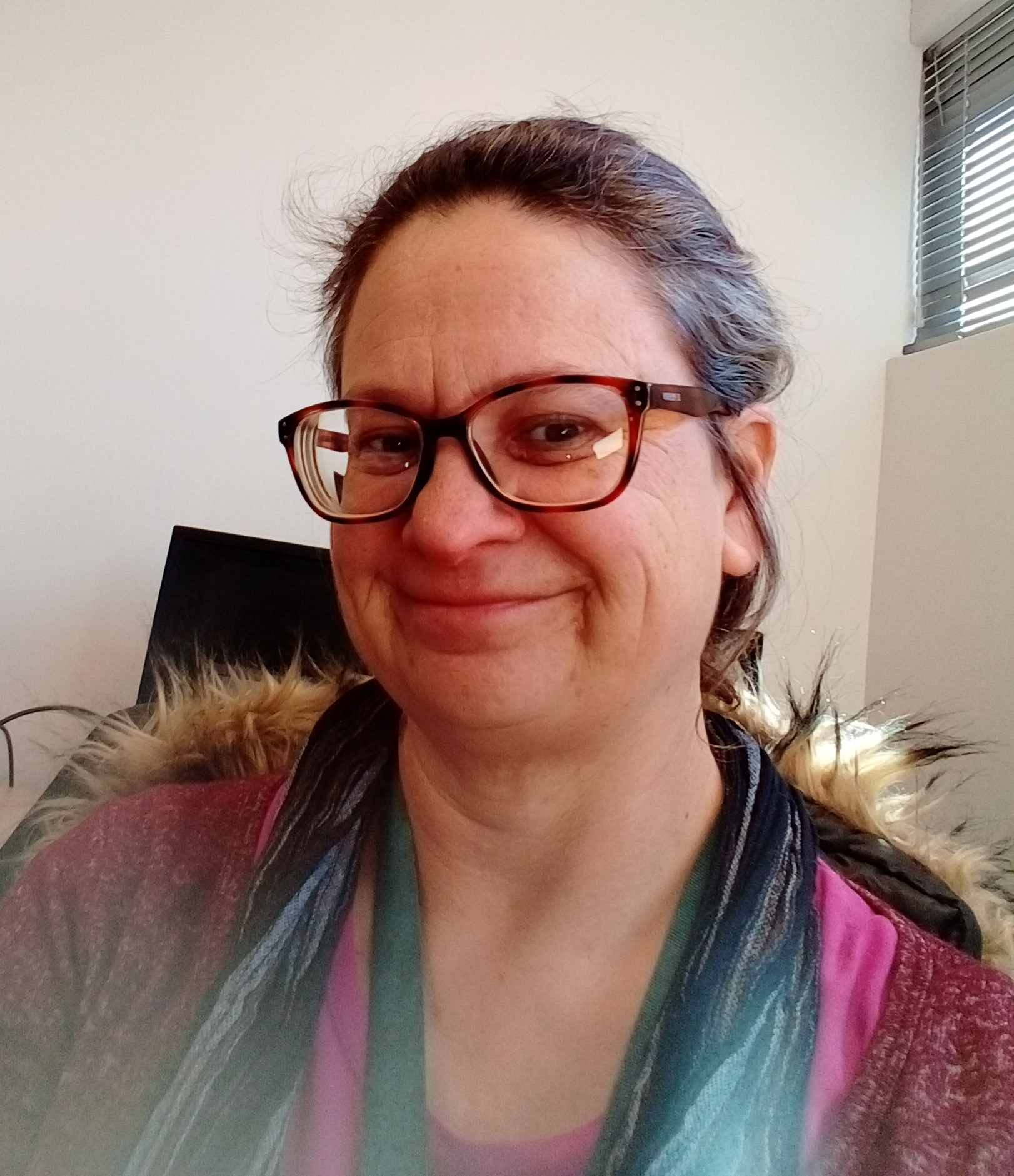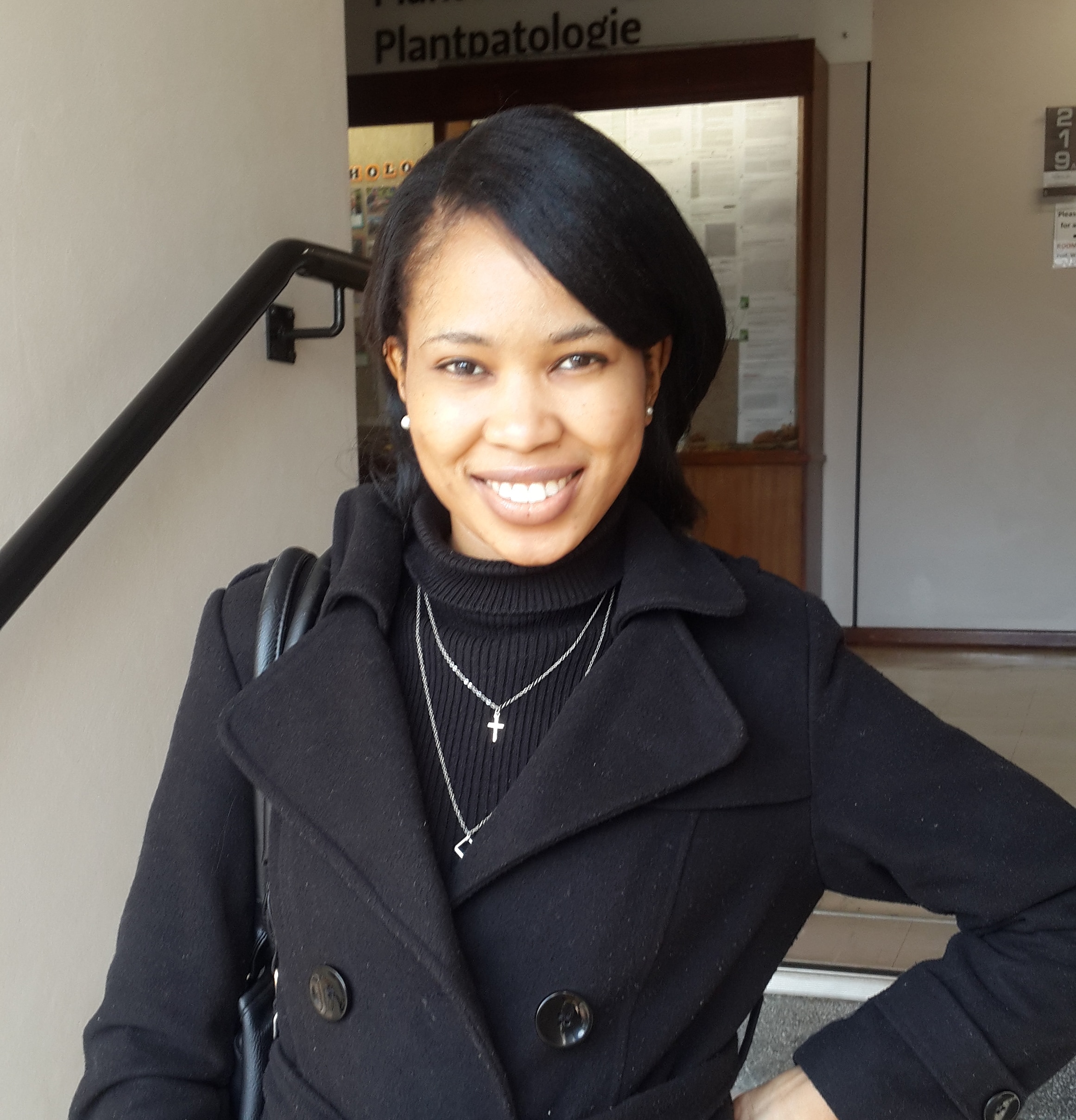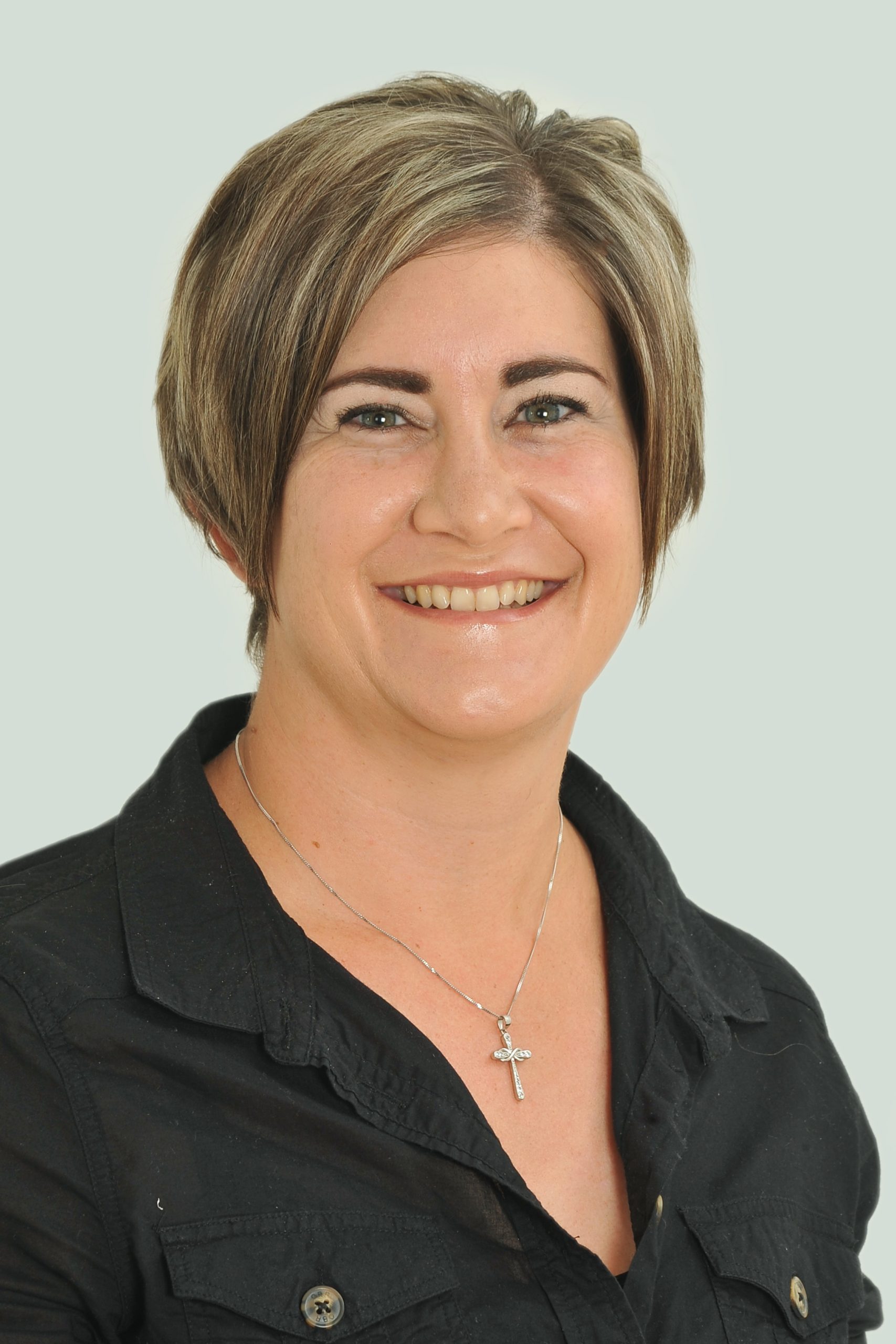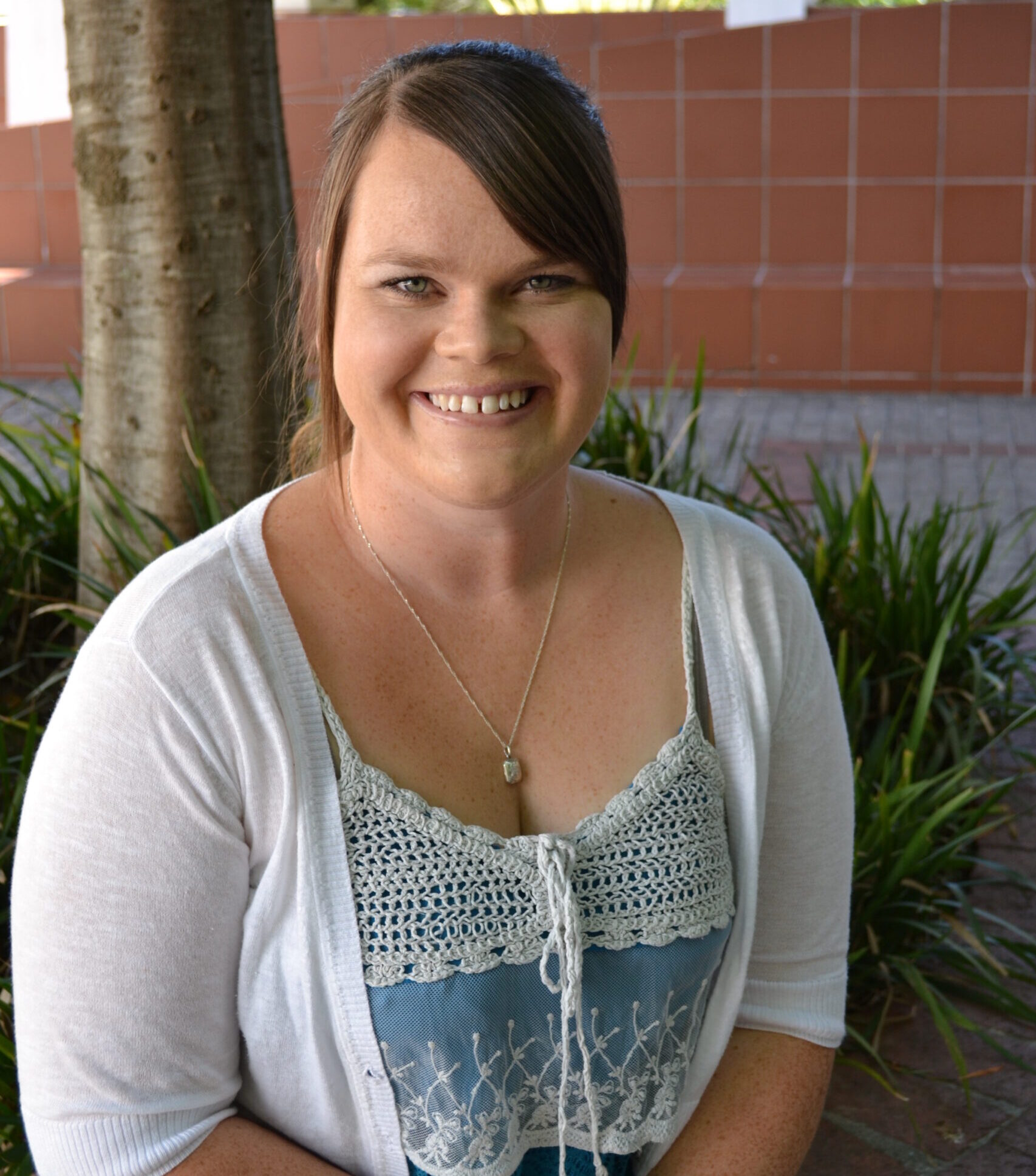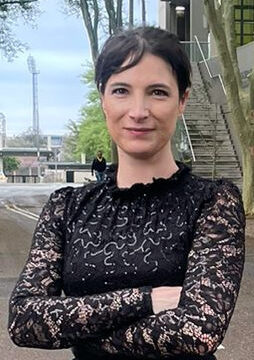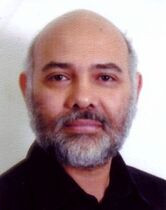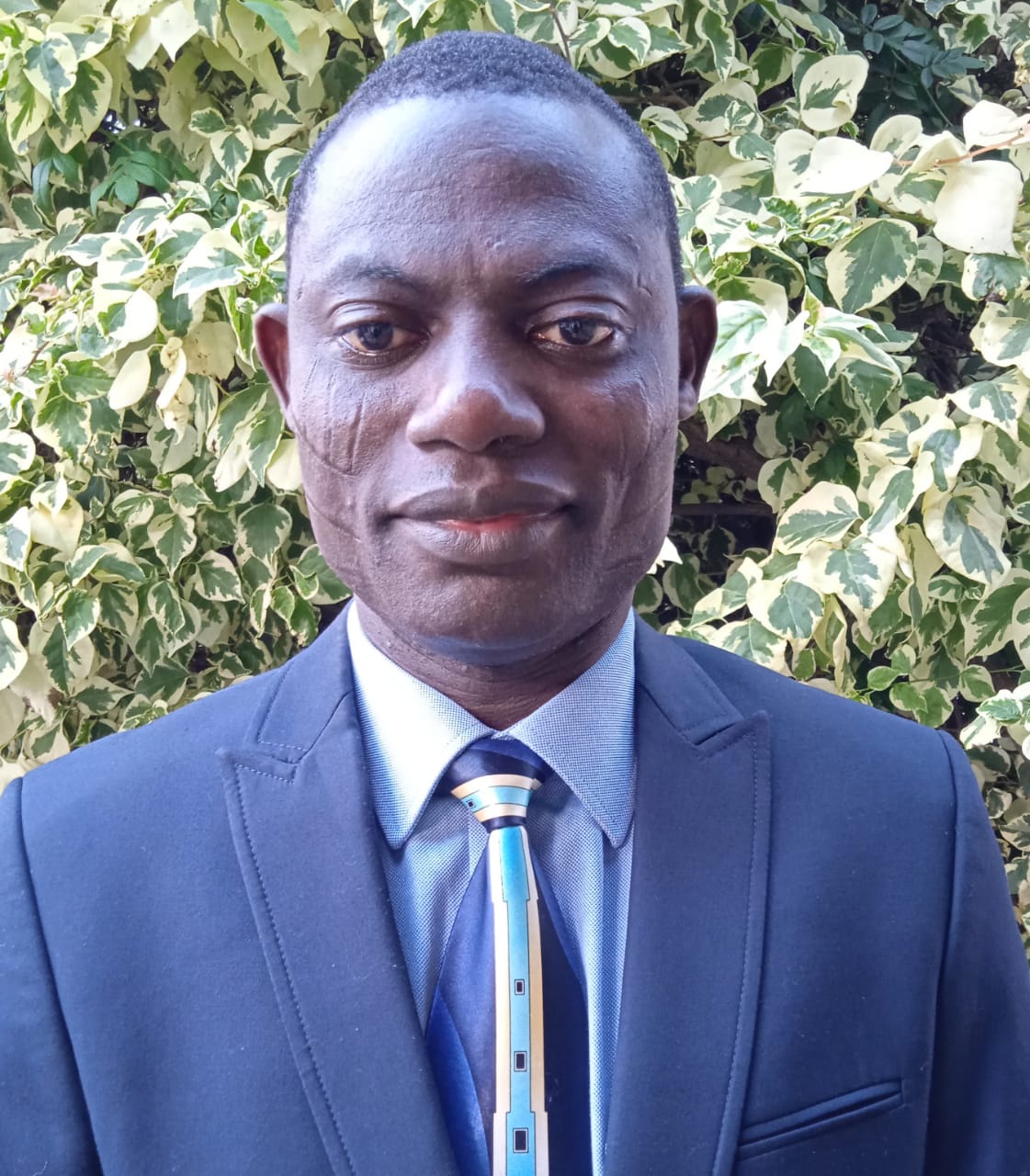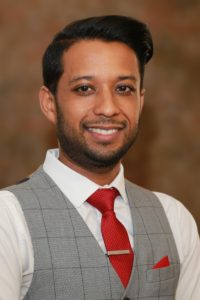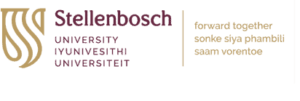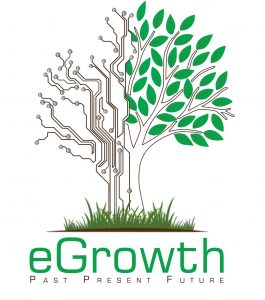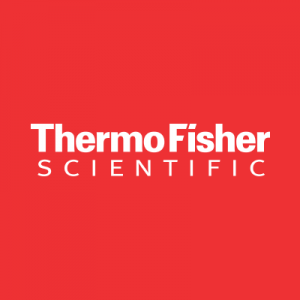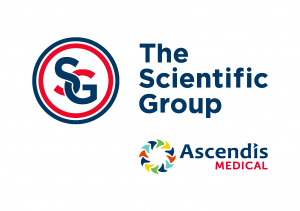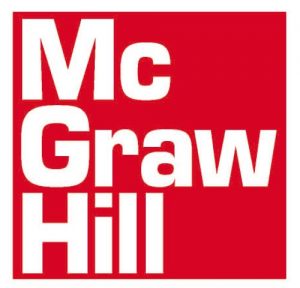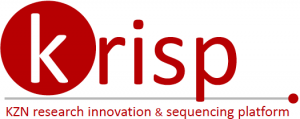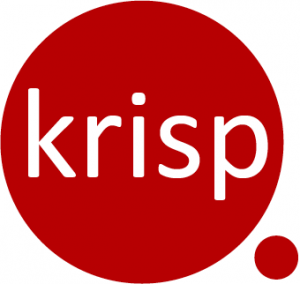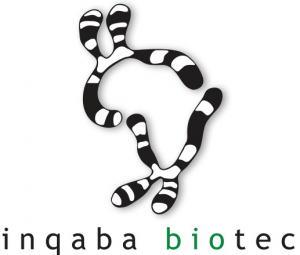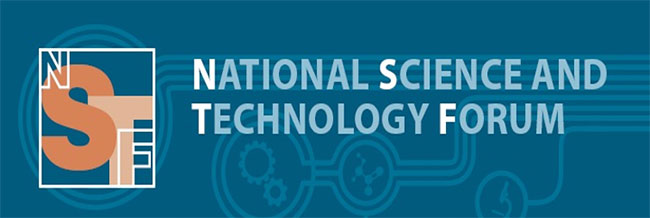Who Are We?
The South African Genetics Society (SAGS) is the official professional organisation (as a registered voluntary association, in terms of the Natural Scientific Professionals Act of 2003) for geneticists in South Africa. As such, we provide a platform for discourse and collaboration for scholars, researchers, practitioners, and other stakeholders that have a vested interest in genetics as a science. We actively promote and foster genetics as an academic discipline, research enterprise and the responsible application and use of genetic knowledge in civil society by hosting conferences, symposia and workshops.
The SAGS assists and advises on the establishment of standards and best practice guidelines for teaching, research, and application of genetics in South Africa. We also facilitate genetic literacy through information sharing and public engagement on the value of historic and new developments in genetics and encourages education and training in this regard.
Through its various networks the SAGS strives to facilitate multi-disciplinary and multi-institutional scientific co-operation with genetics as the foundation, specifically within the context of southern Africa and Africa.
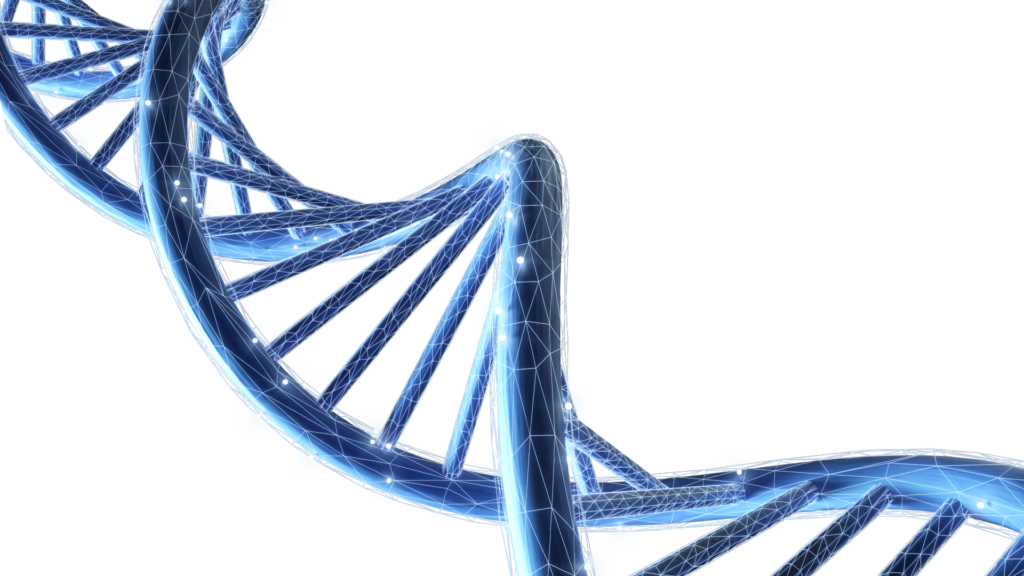
What We Do?
- Represent the interests of Genetics and Geneticists in South Africa, locally and Internationally;
- Promote, and foster Genetics as a discipline of scientific enquiry;
- Establish standards and best practice guidelines for genetics education, research and practice;
- Encourage formal genetics education, for the next generation of geneticists, and genetic literacy among the general public;
- A platform for collaboration and communication.
